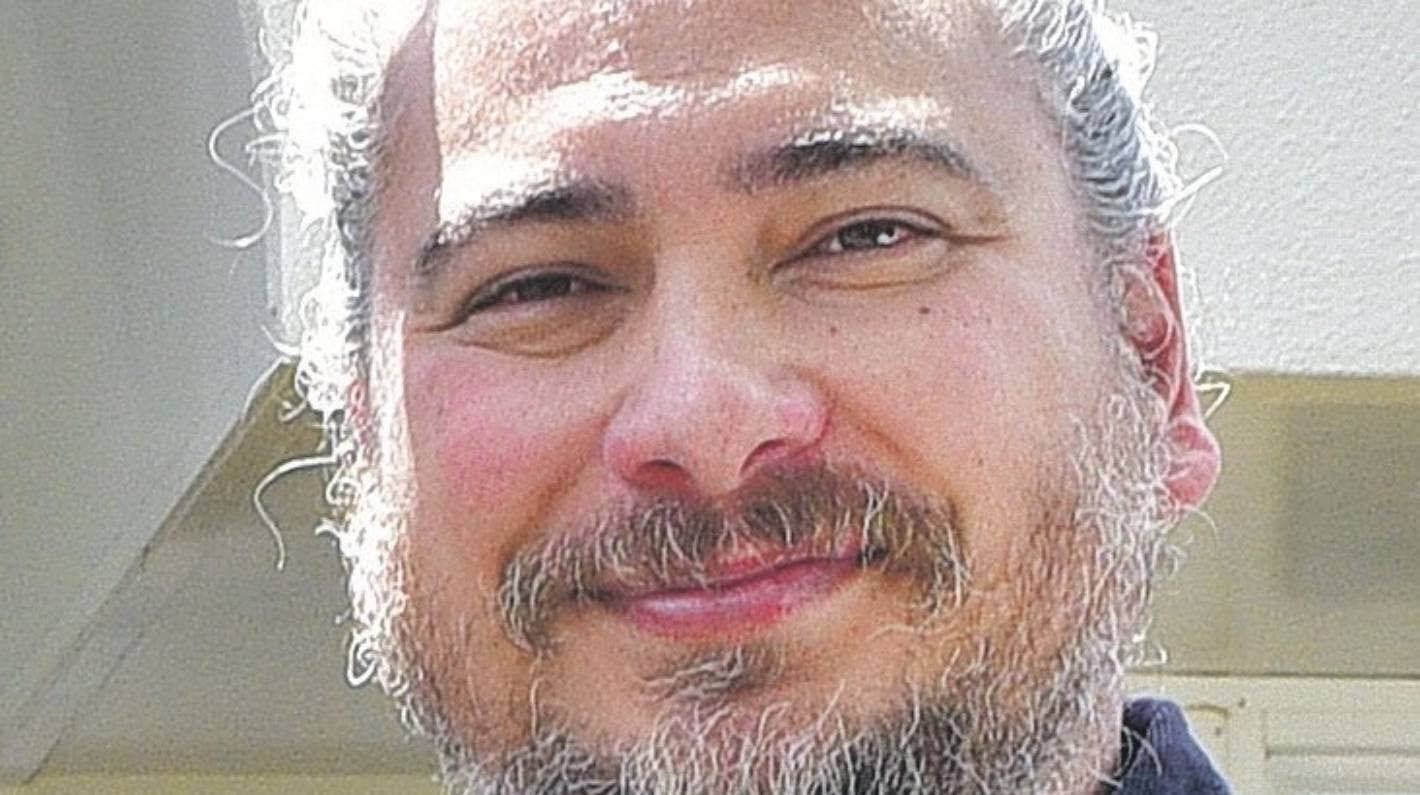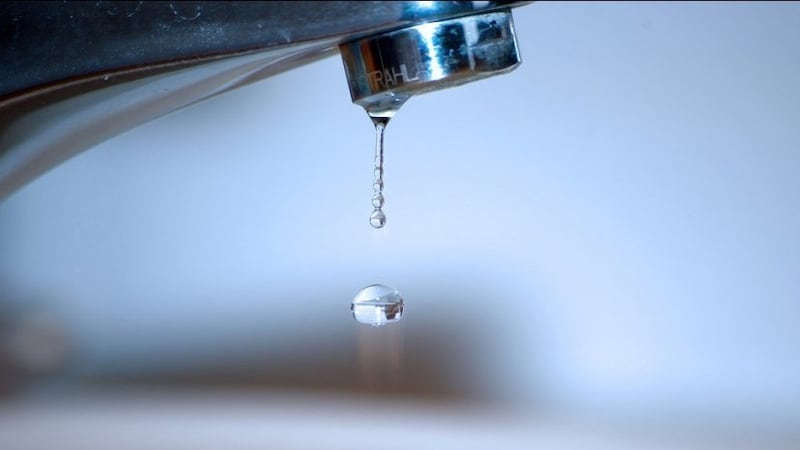Current work includes “some big shifts in terms of this country’s relationship with the way that we manage water”, Ōhiwa Harbour Implementation Forum chairman Toi Iti said. Photo / File / NZME
Tangata whenua need to share stories about their ties to freshwater – because other groups will certainly be telling theirs, says Ōhiwa Harbour Implementation Forum chairman Toi Iti.
Describing the new freshwater policy development programme happening at a regional council level throughout New Zealand as “a train in motion”, he urged Māori to get on board with their views.
Bay of Plenty Regional Council has a series of community meetings and hui-a-iwi planned between April and September this year, to engage with people about its Essential Freshwater Policy Programme.
Central Government’s Freshwater Policy Statement 2020 sets out a list of requirements for the regional council for managing fresh water, including working with tangata whenua and communities to set out long term visions in the regional policy statement.
At a March meeting of the forum, Iti said the regional council’s three Māori constituency councillors, of which he is one, had fought hard during the last long term plan deliberations for funding for this engagement with iwi, “to be able to find ways to better tell the stories of tangata whenua”.
He also attempted to untangle some of the bureaucratic and legislative jargon surrounding the work council was doing.
“What we’re largely trying to do is work out, how do we - as communities, as councils, as tangata whenua - look after the fresh water.”

Tangata whenua must find ways to get their views heard because freshwater policy development is “a train that’s in motion ... it’s happening right through the whole country”, said Iti, who’s also a BOP Regional councillor. Photo / LDR
The policy would be used to set rules for land use near waterways, stock levels, fencing and what sort of planting will be required. Iti used controlling the silt coming down the Nukuhou River, which feeds into the Ōhiwa Harbour, as an example.
“Because there is a lot of farming that happens in that area, there are potentially hills that have a certain gradient, that are in pasture, that have the potential to contribute a certain amount of silt to the Nukuhou system, that then makes its way down to Ōhiwa Harbour.
“Would this forum like to see some rules put into place where a certain amount of planting has to happen on water margins?” he asked.
He said the Government’s Freshwater Policy Statement provided hapū and iwi with a chance to have their voices heard on how these waterways were managed at a regional level.
“We hear kōrero about Te Mana o Te Wai, which talks about a hierarchy of attributes. The health of the body of the water comes first and then it is the community and then other uses, such as industry after that.
“Those are written into the legislation. Those are really some big shifts in terms of this country’s relationship with the way that we manage water,” Iti said.
Water policy planners Reuben Gardiner and Michelle Lee updated the forum about their programme of engagement, which would be advertised on radio and in newspapers once dates were confirmed. They said a public information booklet would be made available to inform people about the policy beforehand.
Community workshops were to be held in each of the Freshwater Management Units, or FMUs, which Iti described as the Government’s method of “chopping it up into manageable, bite-sized bits.
“One is the Nukuhou,” he said. “Of course, tangata whenua don’t look at it with those same sort of borders. The difficulty we have is that because this is very much a Pākehā construct, it’s very difficult for hapū and iwi to engage with. I can tell you, hand-on-heart that we have a lot of discussions around this. How do we best get the stories?”
“I know that there’s a breakdown of trust as well. People don’t want to hand over mātauranga (knowledge) because they think it gets used against them and we have that experience too. We have an awareness of that, but it’s incredibly important for communication to happen.
“From my perspective, if tangata whenua aren’t putting forward the stories, then the regional council will just go, okay, other interested groups (such as Federated Farmers and Fonterra) have put forward their stories, we haven’t got any stories over here, but we sort of have to carry on.
“We need to find ways, because it’s a train that’s in motion that is above this council, it’s happening right through the whole country. There are other interests who will be engaging, and they will be putting in significant submissions to our council on what their position is. If there is no counter voice for our catchments then that will be the voice that is heard.
“Some of those groups have a large amount of money and a large amount of resource and talented, skilled people to put forward those submissions. We recognise that inequity.”


